Children today are not like us during the war. In the past, we loved our homeland, our country, people, trees, flowers… through music , even singing historical songs to learn history.
The Fatherland, the country, and the people are so lofty that we were too young to imagine them, but just by teaching us to sing epics and songs about our homeland, we can love our homeland and the land we live on. Because our homeland is a miniature part of the Fatherland, the country, and the people!
Who is far from home but does not miss home, that is strange? Today's youth is different from the old generation. Today's youth like to move around and not stay in one place, for reasons of going to school, finding a job... like to live and explore in a new horizon, and for them, home is just a place to be born, and then... that's it! Unlike our ancestors in the past, there was only one home, even though war changed everything, but when the sound of bombs and bullets stopped, they returned to their old home, that is why there is the saying "homeland of the fathers and ancestors".
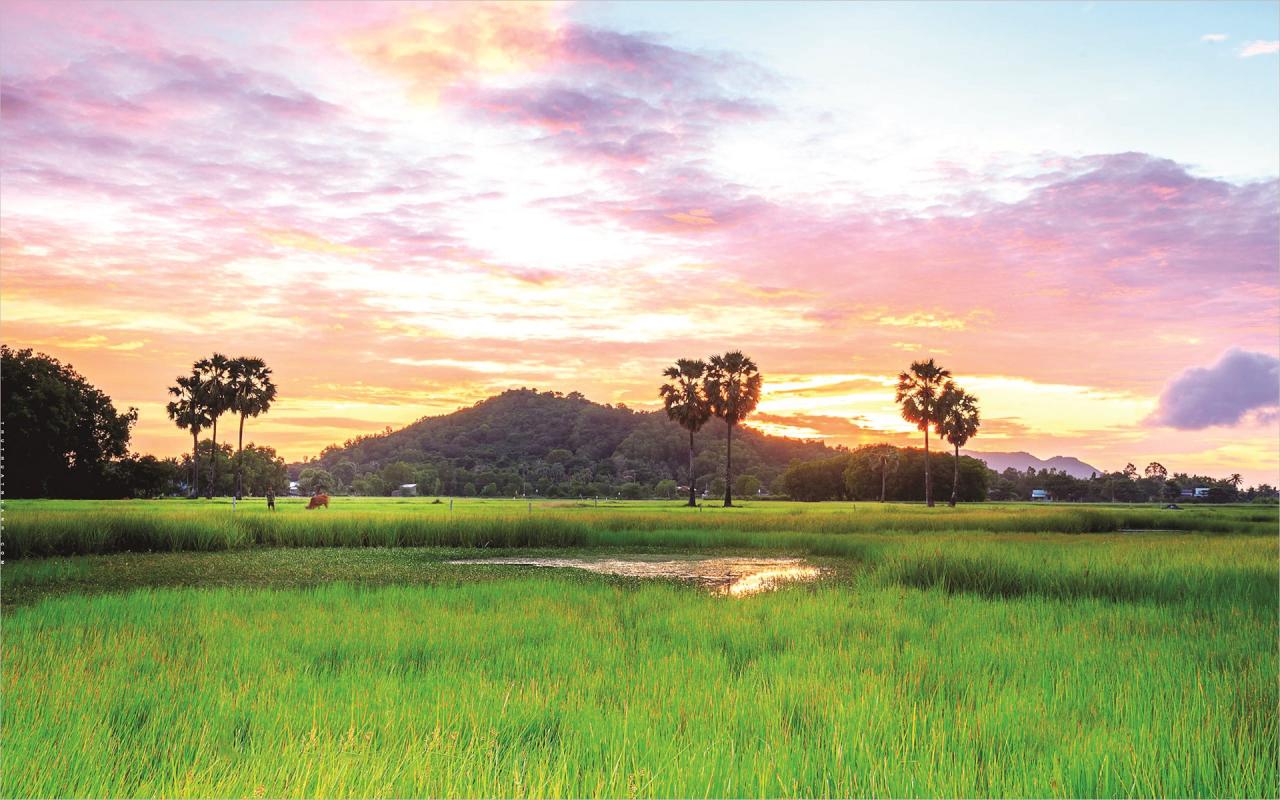
I have many friends who moved their household registration abroad after 1975 “since the days when the war had just ended”. Every time they have a chance to visit their hometown, they say that they miss Vietnam so much, especially their hometown with its rice fields, small rivers, green coconut trees, rows of areca trees, reaching up to the sky every time they look up, and most of all, when the afternoon falls, when the night falls in the silence of the village, there is the sound of hundreds of frogs croaking like a grand orchestra that I guarantee no genius musician could arrange as well as a frog symphony!
Music written about the homeland is an indispensable theme for musicians who have gone through two wars. Love songs written about the homeland, even if that place is just a poor thatched roof, a mulberry field, a bamboo grove, a small river, a barren field, with more grass than rice, a sparse forest... but soaked with sweat and tears, overflowing with love, written to arouse patriotism, love for one's homeland even though that place has nothing but sunshine, wind, falling dew, and desolate fields!
Literature, poetry, stories… written about the homeland are harder to touch people’s hearts than songs written about the homeland, because all of them have to be read, only music does not have to be read but only listened to. There are hundreds of songs written about the homeland, but in our memories, there are three songs written about the homeland that are hard to forget: Homeland (Hoang Giac); Love of the homeland (Viet Lang); I love (Trinh Hung - Ho Dinh Phuong).
In particular, these three songs all mention “thatched huts, bamboo groves, rivers…”, this is a warm home of the Vietnamese people since the founding of the country, and not to mention that far away, only very recently there are still many family homes with thatched roofs and simple walls that cannot be… simple anymore!
In the deep, sad Melodie: “… Whoever passes through the war-torn countryside/ Please tell me that in the faraway place/ I still dream of the green bamboo groves/ My heart is filled with the desolate old scene/ How many happy days of childhood/ How many beloved thatched huts/… And I am intoxicated with life beside thousands of bamboo hedges/ Far away from the harsh life/ A thousand pains and thousands of sorrows…” (The song Homeland by Hoang Giac).
And musician Viet Lang, after the arduous days of war, the soldier returned, looking back at his homeland with a heavy heart: “… Beside the green mulberry fields/ I return here in the cool breeze of the afternoon/ The evening shadows permeate the scent of the homeland/ Here are the clumps of leaves/ Here are the faded folds of thatched roof/ When the afternoon falls/ Here are the tender, peaceful love/ Oh, the sadness of missing the homeland…” (Song: Love of the homeland by Viet Lang).
Musician Trinh Hung, he left behind two songs about the homeland: The Way to the Small Hamlet, I Love (lyrics by Ho Dinh Phuong). These two songs (I have written a separate article “The Way to the Small Hamlet”) have planted in our hearts a boundless love, that is the love for the homeland from the days when we were very young, more hungry than full, with our families in the garden and the fields. Although at that time the country began to enter the war, the song I Love was somewhat optimistic in the Rumba Boléro melody: “… I love my homeland, I love the long and beautiful bamboo fences/ I love the green river with yellow sand beside the communal house/ I love the moon hanging loosely on the cheeks of a pretty girl/ And I love the bamboo bridges/… I love the poetic charm in the sound of the vows/ I love the old dike leading the way through the village market/ And I love the bamboo bridges, here I am waiting for you to come back/ There, playing and having fun, children singing and being drunk with life/ Even though poor but happy, who doesn’t smile…”.
Since we were young, although no onetaught us to love our homeland, we learned to love our homeland through these songs. Only then did we realize that music has the power of a stream, it quietly seeps deep and flows forever in our veins. Time will pass, only forgotten love songs remain.
For most of the villagers, poverty haunts them all their lives, and thanks to the song "I love" for leaving behind an extremely humane lyric that for more than half a century now we see as a philosophy of life: Who doesn't smile when they are poor and happy?
Source


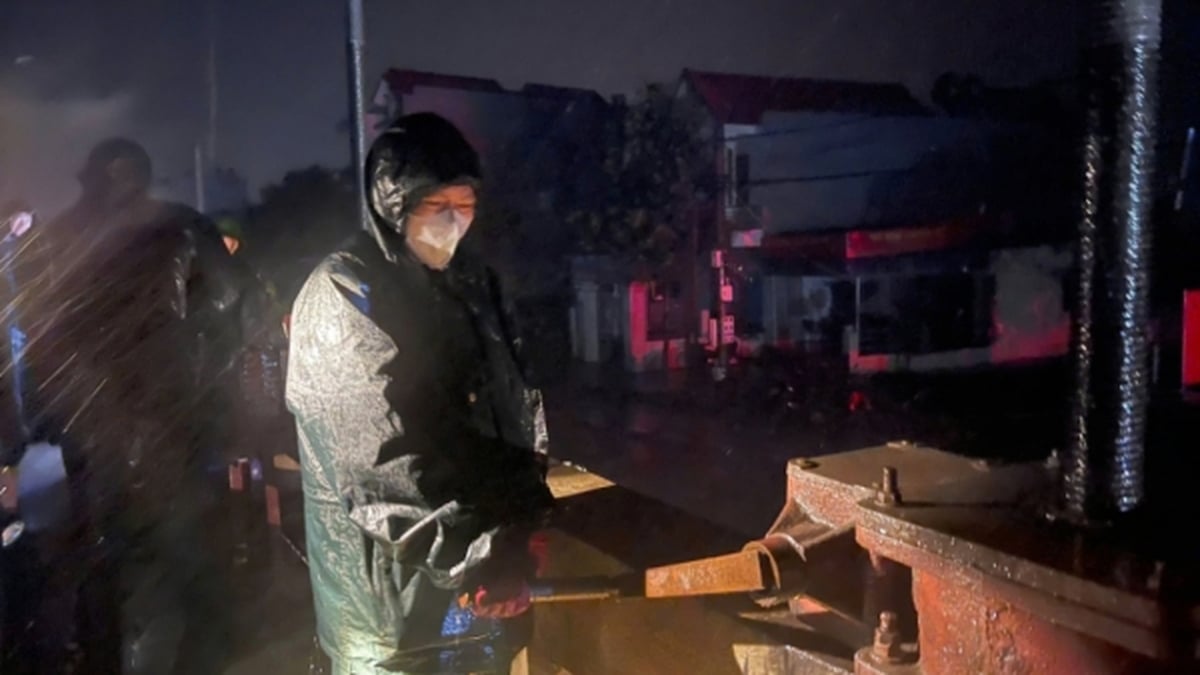

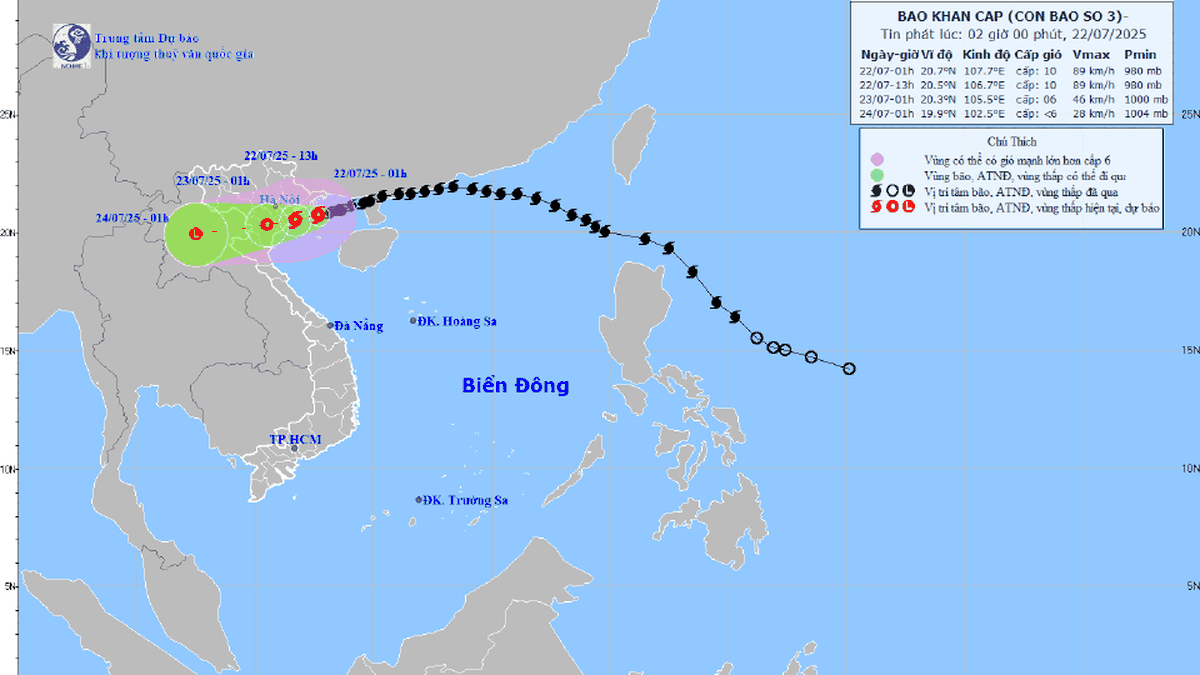
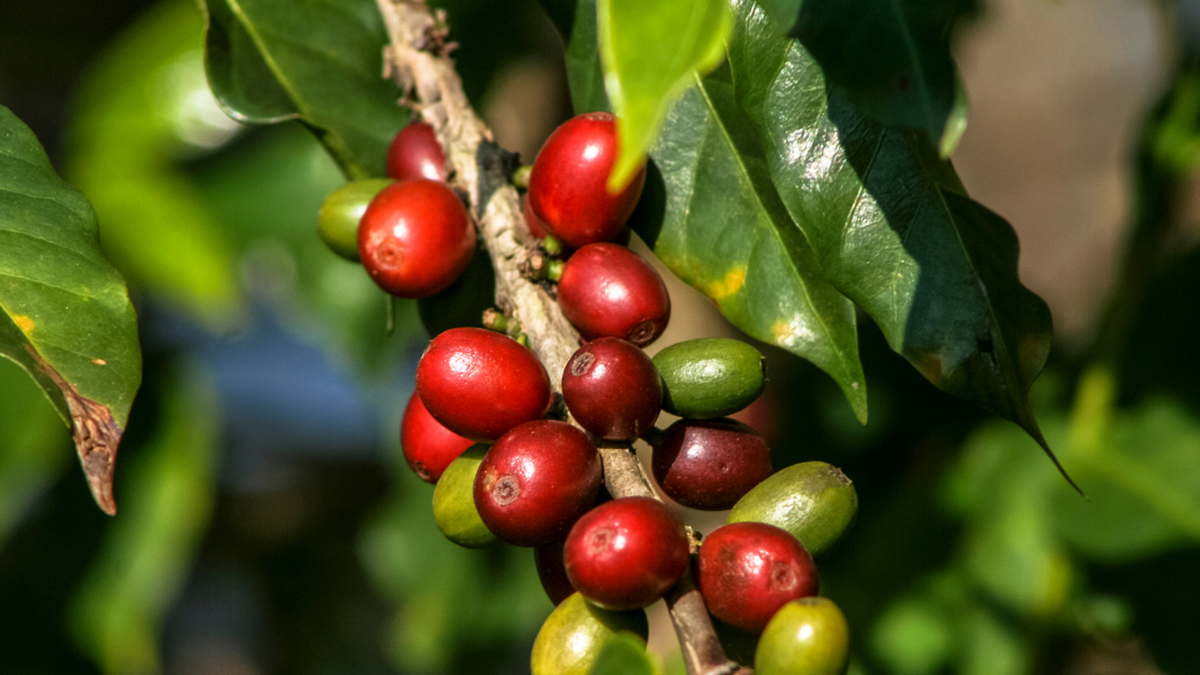


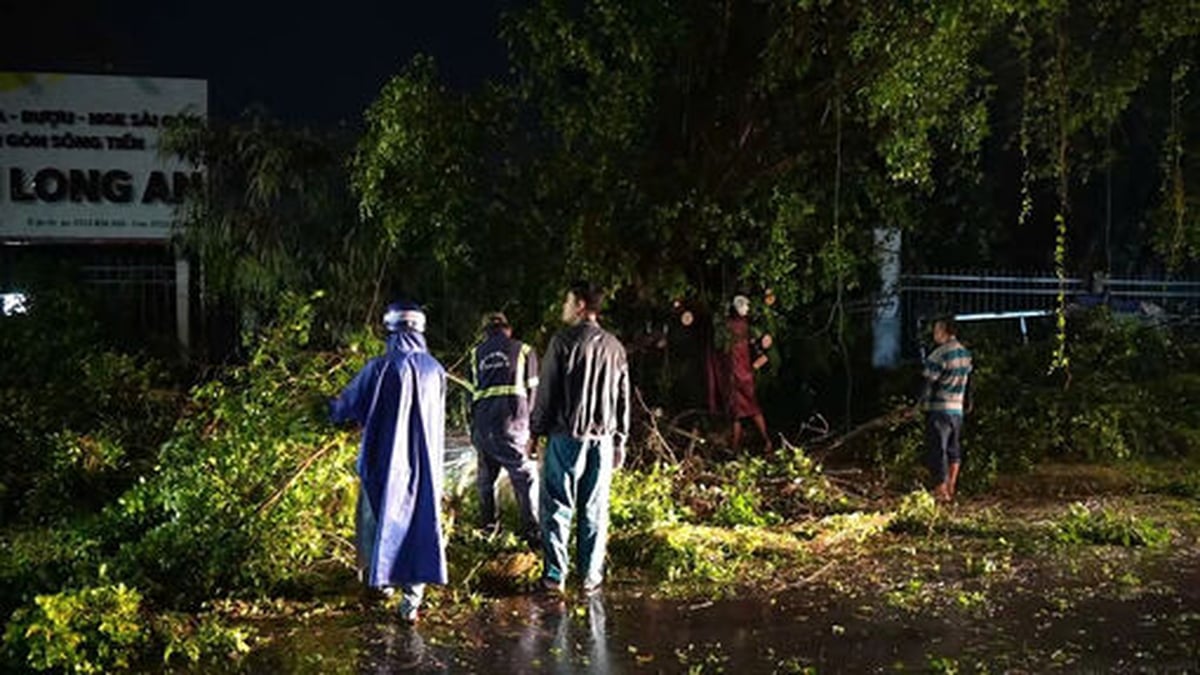


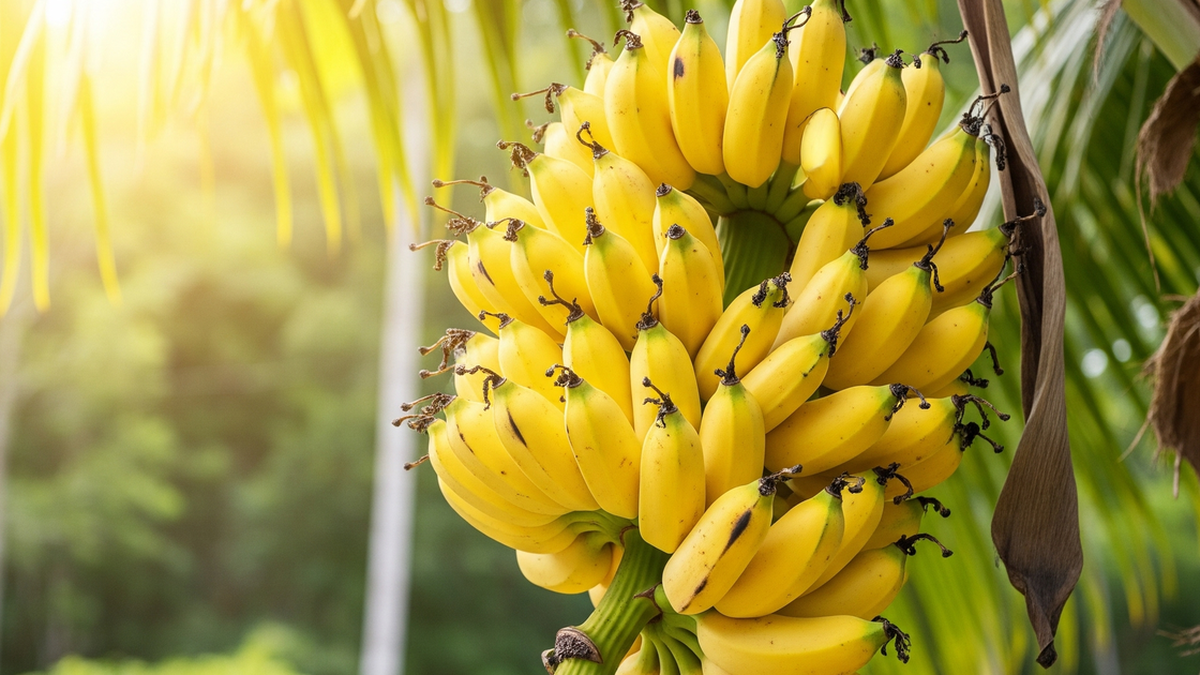












![[Photo] National Assembly Chairman Tran Thanh Man visits Vietnamese Heroic Mother Ta Thi Tran](https://vphoto.vietnam.vn/thumb/1200x675/vietnam/resource/IMAGE/2025/7/20/765c0bd057dd44ad83ab89fe0255b783)












































































Comment (0)